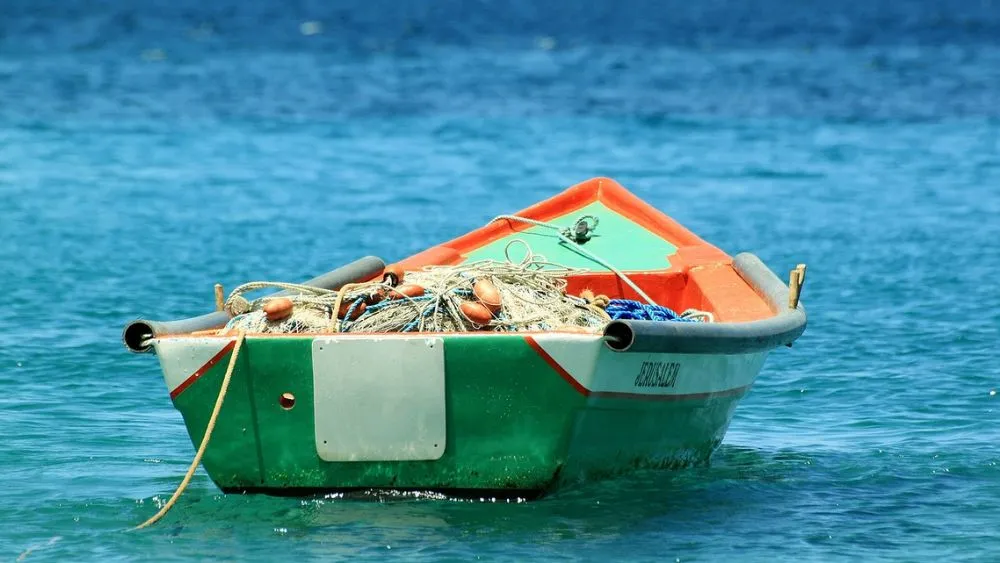Understanding Boat Liability: 4 Things New Boaters Should Know

When you’re out on the water, the last thing on your mind is the potential for a boating accident. However, as a new boat owner, understanding boat liability is crucial for protecting yourself and others. Whether you’re a seasoned captain or a new boater, there are key things you need to know to navigate the waters of boat liability.
Don’t let a lack of understanding leave you stranded in legal trouble. In this post, we’ll break down the complexities of boat liability clearly and concisely. So grab your captain’s hat and embark on a journey towards understanding boat liability.
1. Laws and Regulations
These laws and regulations are in place to ensure the safety of all individuals on the water and to protect the environment. Understanding them helps you avoid legal issues and promotes responsible boating practices. These laws and regulations cover a wide range of topics such as the following:
- Required safety equipment
- Speed limits
- Navigational rules
It is the responsibility of every boat owner to follow these laws and regulations to keep themselves and others safe while enjoying the open waters.
Also Read: Paddle Boarding Checklist
2. Proper Insurance Coverage
One aspect that is often overlooked is having a proper boat insurance plan. This can provide coverage for any accidents, damages, or injuries that may occur while operating your boat. It is important to know that not all insurance policies are created equal and you must carefully review and understand the coverage and limits offered.
You may check HH Insurance for Fort Myers, Florida, for instance, so you can ensure that you have the necessary coverage for your boat and its unique needs. Don’t wait until it’s too late, protect yourself and your investment by having proper insurance coverage.
3. Concept of Negligence
Negligence refers to the failure to exercise reasonable care, resulting in harm or damage to another person or their property. In the context of boating, this means that if you are found to be negligent in the operation of your boat, you could be held liable for any resulting injuries or property damage.
This can include not following safe boating practices, operating the boat while under the influence of drugs or alcohol, or not maintaining the boat. By understanding the concept of negligence, boat owners can take proper precautions and avoid potential legal issues.
4. How to Properly Document and Report Any Accidents
This is not only important for legal reasons, but it also ensures the safety and well-being of all passengers. Proper documentation of accidents includes gathering information such as names and contact information of all involved parties, photos of damages, and any witness statements.
Reporting the accidents to the proper authorities, such as the Coast Guard or local law enforcement, is also vital. By following these steps, boat owners can protect themselves and their passengers in case of any accidents.
Conclusion

Understanding boat liability is crucial for every boat owner. By being aware of these important factors, owners can safeguard themselves, their passengers, and their assets from potential accidents and legal consequences.
Don’t wait until it’s too late; take the necessary steps now to ensure a safe and worry-free boating experience. Protect yourself and others by staying informed and properly insured. Don’t risk it – know your boat insurance liability.

news via inbox
Sign up and never miss out on the latest news and updates at HighStuff



